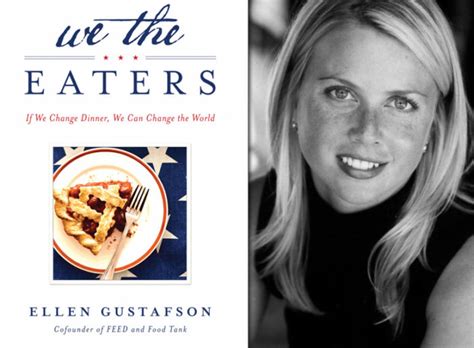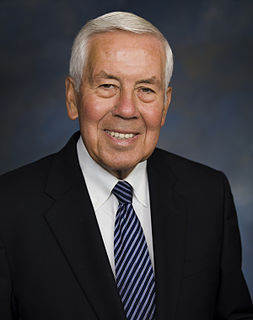A Quote by J. Budziszewski
As to the latter point - that by having a child in America you are somehow starving a child in Bangladesh - remember that agricultural economics is not a zero-sum game. Farmers want to make a living, so as demand increases, so does production. Not only that, but agricultural productivity has increased so rapidly that in some countries the government pays farmers not to plant crops in an effort to keep food prices from dropping.
Related Quotes
A decade ago, critics suggested biotech crops would not be valuable in the developing world. Now 90 percent of farmers who benefit are resource-poor farmers in developing countries. These helped alleviate 7.7 million subsistence farmers in China, India, South Africa, the Philippines from abject poverty.
You do need some dispensation for local farmers, because the fast food industry will promote the unsanitary conditions of farming. With vegetables, you have to be careful where they come from; you have to know the farmers and trust them. If you buy from the farmers' market, it's already been investigated.
The traditional farm, the peanuts, the cotton, the corn, is probably not the thing to do, because you're up against big farmers who can afford all the equipment to grow those kinds of crops. But we need healthy food. We're being encouraged to eat more vegetables. Our school systems are being encouraged to buy locally. So, we need farmers who can produce that food.


































